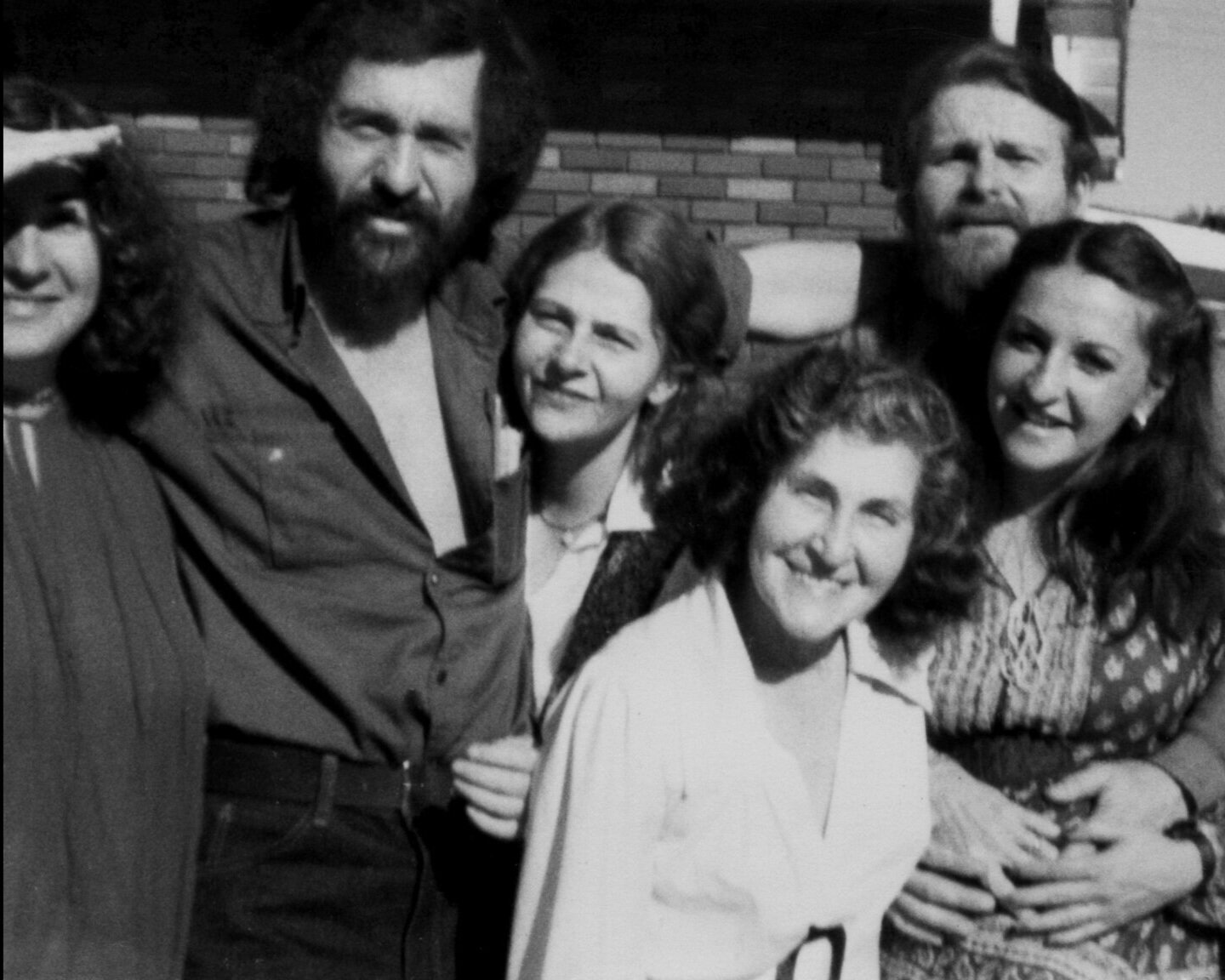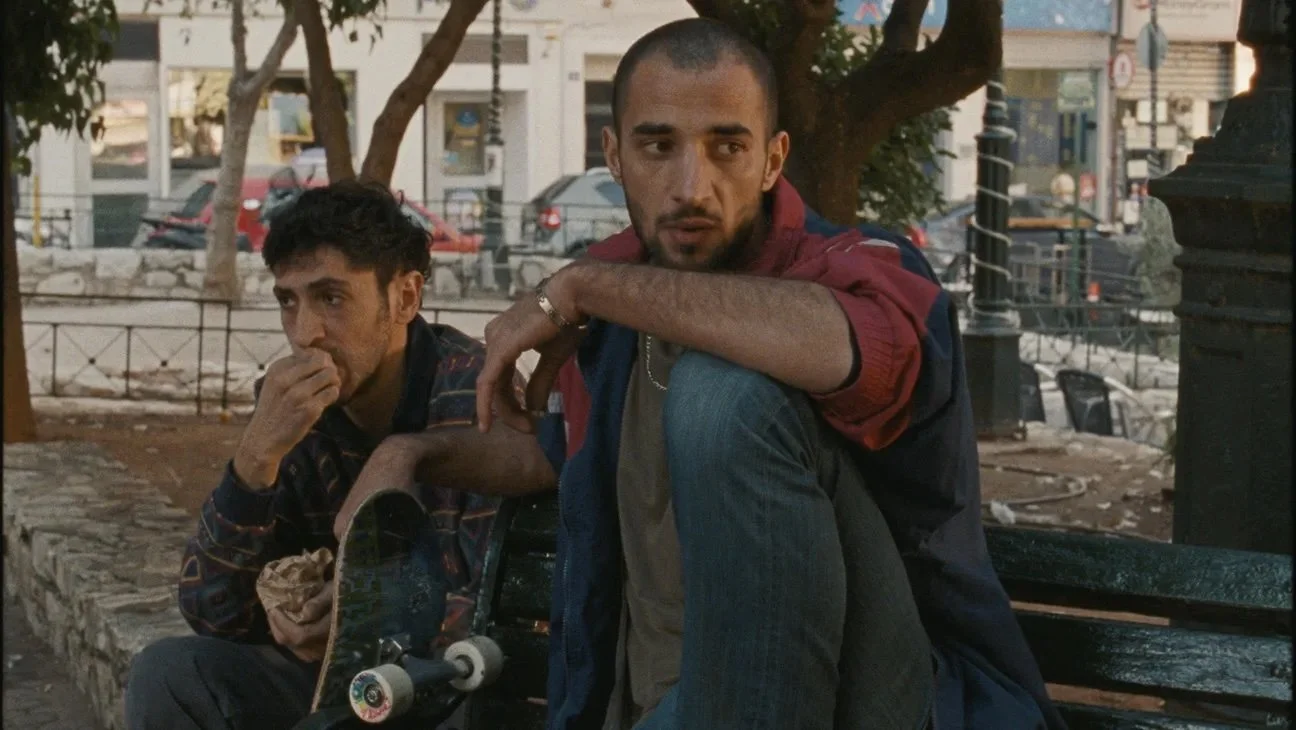Film review: The Rose Family takes a fascinating look back at the FLQ crisis, at the Rendez-Vous festival
Ten years in the making, new documentary focuses on one clan’s ties to the Pierre Laporte kidnapping
The Rose Family, with family members seen during the social upheaval of the 1960s, and looking back on the events.
Rendez-Vous French Film Festival presents Les Rose/The Rose Family until February 14
PIERRE ELLIOTT TRUDEAU sure looks pleased with himself, auspiciously seated alongside other dignitaries during the St Jean Baptiste Day parade in Montreal, 1968. But that smug grin was a provocation to a radicalized Quebec, and before too long the Prime Minister of Canada was taking cover as the parade exploded into bedlam, with police vehicles and cops on horseback carving into crowds of rioters in a scene that could have come from Anywhere, USA during last year’s BLM marches.
This picture of Canada’s tenuous security prior to the October Crisis in 1970 has an iconic value, but The Rose Family benefits just as much from its more prosaic images of young militants presiding over citizen’s committees in Montreal or building alliances with old fishermen in small but spectacular Percé. This was homegrown, late ’60s social upheaval as seismic as anything in France or the States, and it’s abundantly documented in this film.
For most of us, however, time and the deadening effects of national politics have ossified this period of Quebecois radicalism into some vague and unwholesome emergency from the distant past, mostly remembered for triggering the ancient—if terrifying—War Measures Act. Filmmaker Félix Rose has an obvious commitment to a more detailed picture. His father, Paul Rose, was a prominent member of the Front de libération du Québec, or FLQ, and served time for the events that led, eventually, to the still dimly understood death of deputy premier Pierre Laporte.
Those events remain muddy in The Rose Family (Les Rose), lost inside the FLQ’s factionalism, conflicting and probably tailored memories, and the swamp of mythology. In any case, Paul Rose himself wasn’t there when Laporte died—he walked through a police dragnet disguised as an old man after bashing his own face with a brick—but in an enlightening prison interview from 1980, he’s obstinate about assuming responsibility, not to mention solidarity with his more hapless comrades.
Rose was, of course, stitched up 10 years earlier in a farcical trial not short on drama. His brother Jacques, speaking on camera for the first time, remembers punching lead investigator Albert Lisacek as he entered the courtroom. Described elsewhere in the film as a maniac, “Montreal’s toughest cop” pulled his gun and was swiftly ejected from the building. It was a brilliant act of self-sacrifice by Jacques, exposing the naked brutality of those who protect and serve the power elite and no one else. He trembles as he recalls the scene.
Much of this marvellous film, 10 years in the making, is spent in the company of Jacques Rose and his sisters, all of them eloquent, warm, and soulful. Paul’s poetic-romantic side emerges in secret recordings smuggled out of prison. He passed away in 2013 after a post-incarceration career spent partly as a union organizer, and Felix’s admiration for his father pulses out of the film, although nothing is more vivid, arguably, than its portrait of his grandmother, Rose Rose, who raised this tight-knit family of conscientious fighters out of post-war conditions of dire poverty. Smart, resourceful, feisty, and dirt poor—of course these people were radicalized!
More than a fight for Quebec’s sovereignty or a worker’s society, the FLQ put its bead on U.S. imperialism, Canadian colonialism, and the entire sham of western democracy. But the Roses met the same final obstacle as any ’60s revolutionaries, when escalating action—and, yes, some stupid and terrible moves—met the iron fist of the State.
Still, media-addled citizens of Planet Google might yearn for such clarity of vision. In its manifesto of October, 1970, the FLQ saw what was coming, pleading with the workers of Quebec: “Take back what is yours. If you don’t do it yourselves, other technocrat usurpers will succeed the handful of cigar-smokers we know today and we will be back to square one.” They weren’t wrong.















